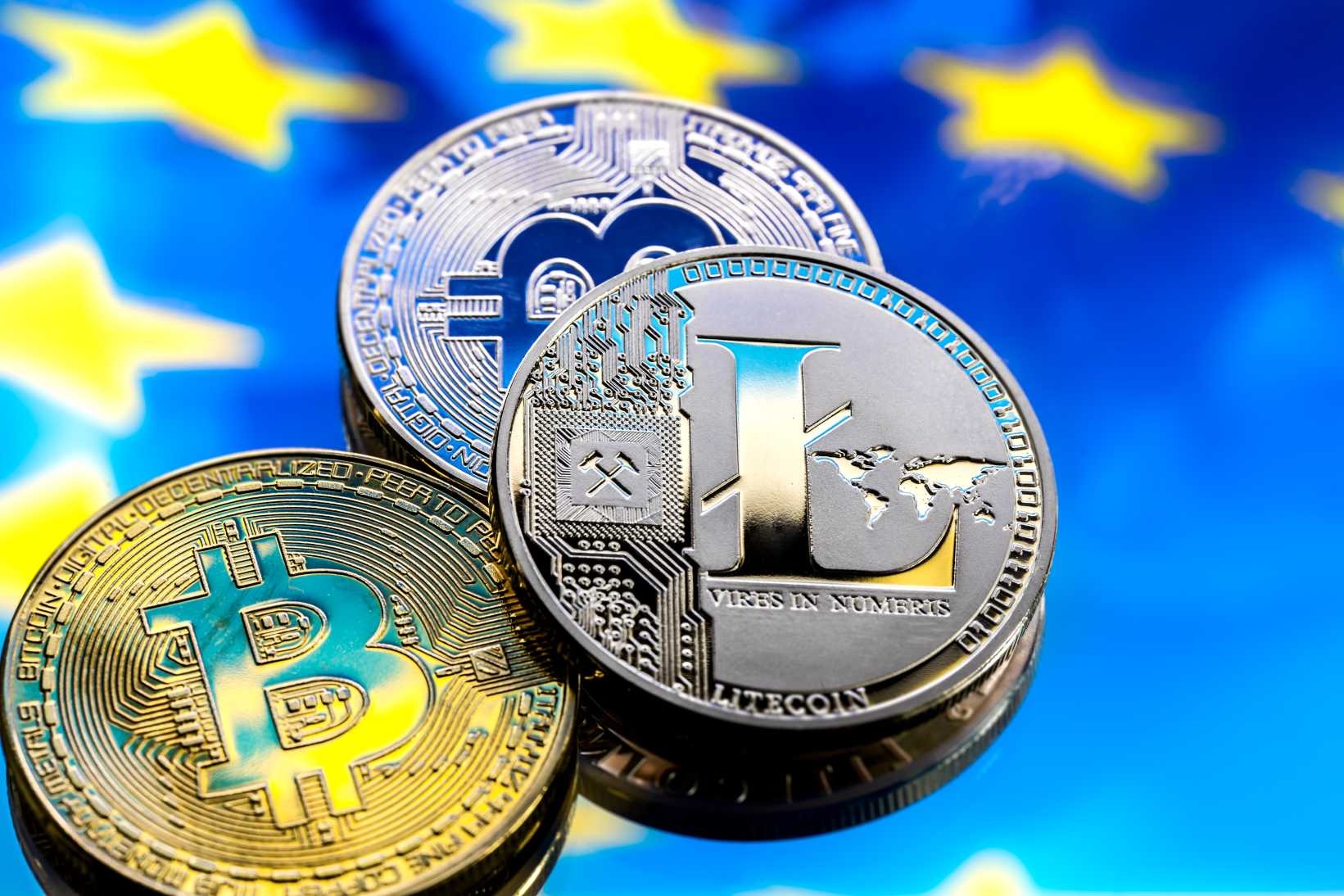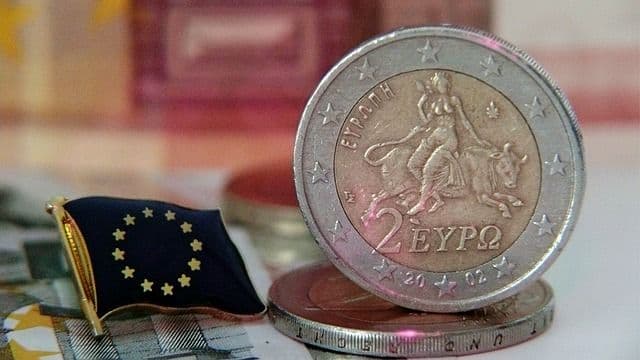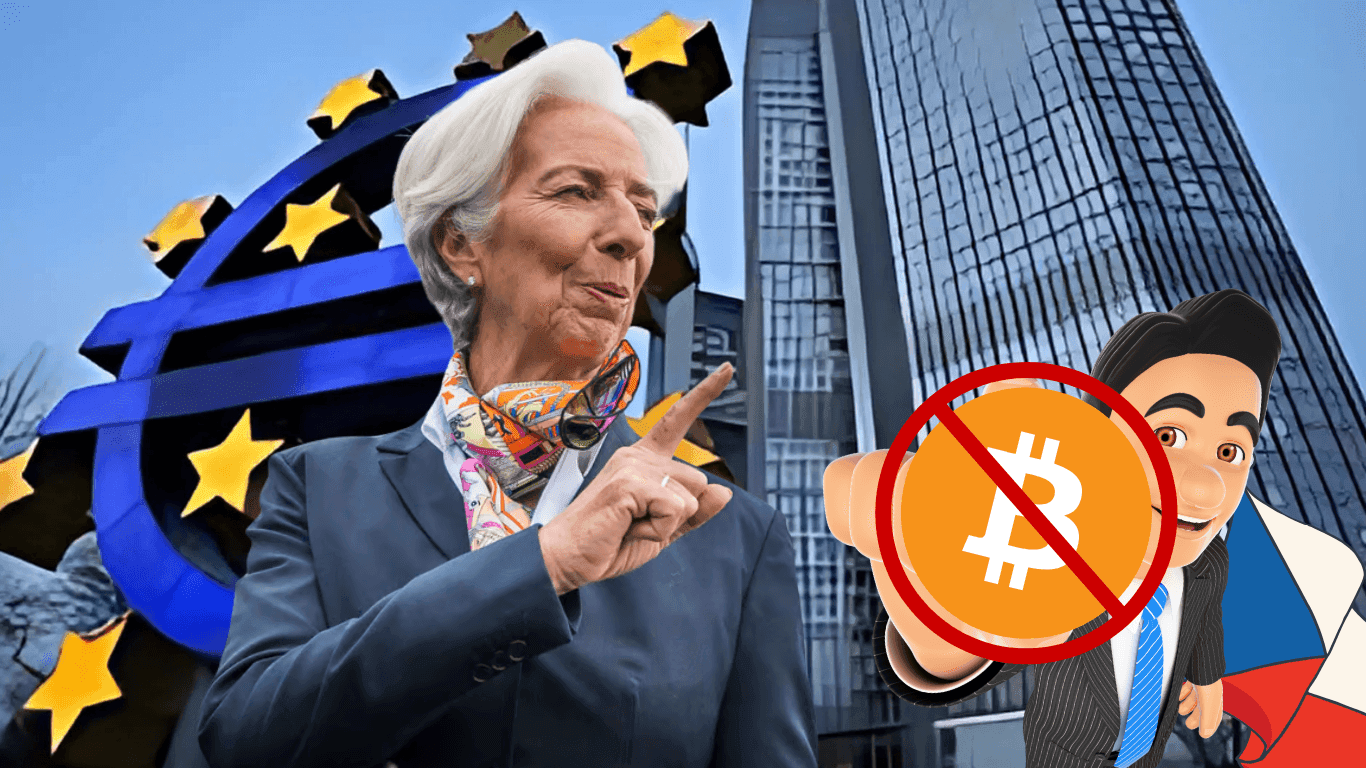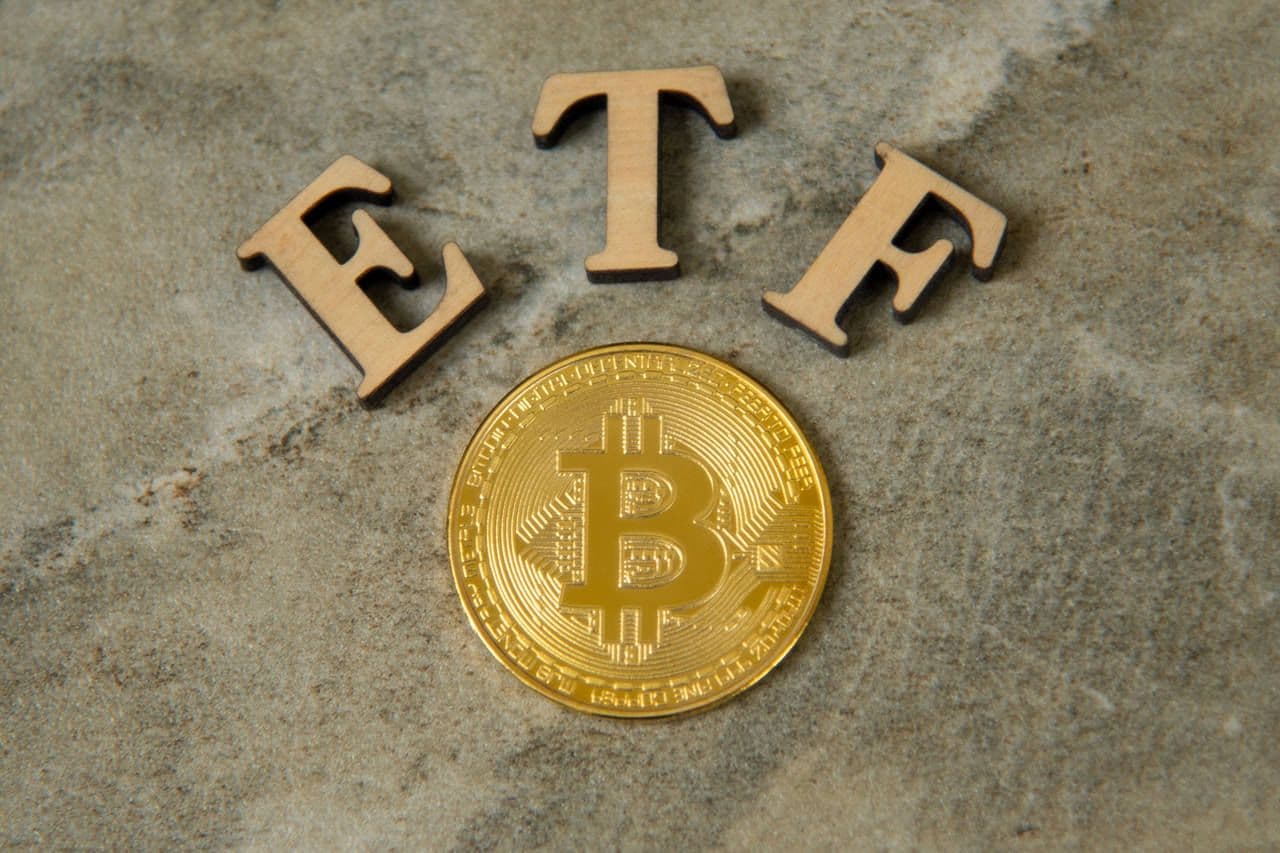Virtual Currencies are a ‘load of nonsense’, says European Central Bank Chief
The relationship between cryptocurrencies and the European Union is and has been complicated. Some countries love it while others hate it. And like every other technology, the bureaucratic red tape and regulatory overreach within the EU is dragging down mainstream […]

The relationship between cryptocurrencies and the European Union is and has been complicated. Some countries love it while others hate it. And like every other technology, the bureaucratic red tape and regulatory overreach within the EU is dragging down mainstream adoption while the rest of the world is moving ahead at full speed. Most of the crypto related activities are happening in the US, Japan, and South Korea, leaving behind Europe. With more than 300 million people and the second largest economic power, how Europe decides to go forward will impact the industry in a big way.
EU and Cryptocurrency
Currently, the European Union has a decentralized approach to crypto, legal members cannot introduce their own currencies. But regulations vary from state to state and hence how each country handles cryptocurrencies differs. For example, in Germany, it is classified as private money and no capital gain tax is levied, neither is sale tax, but it is subject to income tax if it is owned for less than a year. While in the UK, it is classified as an asset or private money on a case to case basis. Capital gains are levied on the profit gained from holdings of cryptocurrencies. But all throughout the European Union, cryptocurrencies are not subjected to VAT. Other regulations include cryptocurrency exchanges to register with their respective regulators such as Germany’s Financial Supervisory Authority (BaFin), France’s Autorité des Marchés Financiers (AMF), or Italy’s Ministry of Finance. In April 2018, the EU introduced the Fifth Money laundering Directive (5MLD) which will bring cryptocurrency-fiat currency exchanges under EU’s anti-money laundering legislation. 5MLD forces exchanges to perform KYC on customers and fulfill standard reporting requirements. EU is also working on a single supervisory mechanism to develop a way of identifying the financial risks that cryptocurrencies pose. France has approved an Initial Coin Offeringv(ICO) regulation in September to become Europe’s first ICO hub.
Mediterranean Seven
A group of 7 European Union countries has formed the Mediterranean Seven in an effort to promote and encourage blockchain technology usage. The collective consists of France, Malta, Spain, Portugal, Cyprus, Italy and Greece. They aim to improve education and increase usage of blockchain technology in the areas of healthcare, transport, land and company registry, education and shipping. This can result not only in the enhancement of e-government services but also increased transparency and reduced administrative burdens, better customs collection and better access to public information. Among the Mediterranean Seven, Malta has been a leader in this space, home to the largest cryptocurrency exchange Binance. Malta is the first world legislator to offer a regulatory environment for all blockchain technology and has attracted many companies and startups to migrate to its shore. With the push from the Mediterranean Seven, Europe could finally be looking at robust regulations and an effort for mainstream adoption.
Recent statements and controversies
Ardo Hansson, the Governor of the Bank of Estonia, also a member of the ECB governing council, compared crypto to a load of nonsense. Speaking at the “Five Years with the Euro” conference in Riga, Latvia, he said, “I think we will come back a few years from now and say how could we ever have gotten into this situation where we believed this kind of a fairy-tale story”. He further went on to say, “The bubble has already started to collapse and maybe we should just see how far this collapse goes, and what is left when we’ve reached a new kind of equilibrium”.
He pointed out to the need for investor protection as digital currencies could be used for illegal activities. Hansson supported the criticism from the President of the European Central Bank, Mario Draghi, against the establishment of an Estonian national cryptocurrency, Estcoin. Draghi said at the time that there is only one currency for the Eurozone and that is Euro and no member state can introduce their own currency forcing Estonia to drop plans for Estcoin on June 1st. “European Union will focus on the development of crypto asset and regulation”, quoted the European Commission Vice President Valdis Dombrovskis in September. Dombrovskis said that crypto will continue to grow despite the recent setbacks. What is ironic is the fact that Estonia is ranked No. 1 on the list of most crypto friendly countries by Blockchain research site CryptoSlate.
Follow us on Twitter, Facebook, Steemit, and join our Telegram channel for the latest blockchain and cryptocurrency news





























